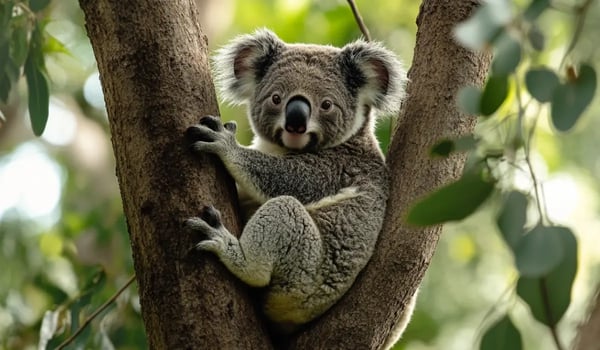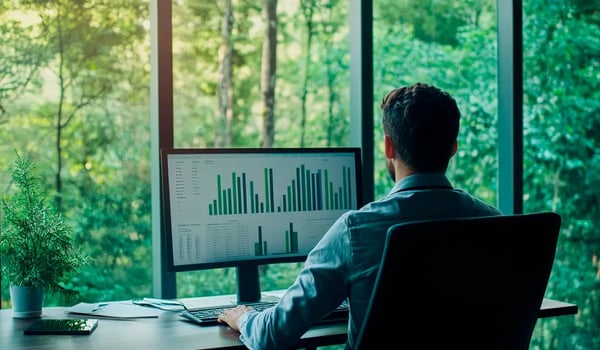Nigeria has moved to formalise its entry into international carbon markets with the publication of...
Brazil Breaks New Ground with First-Ever Soil Carbon Credits Under Verra
Brazil has officially entered the soil carbon market with the issuance of its first credits under Verra’s VM0042 protocol—a landmark that signals accelerating interest in agricultural carbon removals across Latin America and beyond.
 Macro image showing fresh sprouts in rich soil on a farm bordering Brazil’s Atlantic Forest. AI generated picture.
Macro image showing fresh sprouts in rich soil on a farm bordering Brazil’s Atlantic Forest. AI generated picture.
The credits—5,623 in total—cover vintages from 2019 through 2023 and were generated through a project that unites farms across a wide range of Brazilian biomes, including the Atlantic Forest, Caatinga, Cerrado, and Pampas. Structured as a grouped initiative, the project aims to eventually scale up to 150,000 hectares and generate 300,000 credits annually.
‘It’s a very big project, and it covers practically the entire agricultural region of Brazil’, said Alexandre Leite, CEO and co-founder of the company behind the issuance.
This milestone marks only the third time that soil carbon credits have been issued under Verra’s VM0042 methodology—also known as the Methodology for Improved Agricultural Land Management (ALM)—placing Brazil in an early leadership position within this emerging carbon category. The development is drawing attention from a wide spectrum of buyers.
‘The main buyers of the market are the big tech companies. Major oil companies also have an interest’, Leite said. ‘And the companies in agriculture and food [sectors] also have a lot of interest, especially when they are part of the supply chain.’
Soil carbon projects under VM0042 are gaining traction as a more affordable and scalable alternative to other carbon removal approaches, such as biochar or afforestation. Still, the market remains illiquid, and pricing is far from settled.
Future delivery agreements for these types of credits have been priced anywhere between $15 and over $100 per tonne of CO₂ equivalent. By comparison, Brazil’s ‘premium’ ARR credits—based on reforestation using native species—are valued around $55/tCO₂e, while Indigo’s U.S. soil carbon credits trade in the $60–$80/tCO₂e range. Regional biochar credits, meanwhile, are reaching prices as high as $111/tCO₂e.
‘When I look at ARR and blue carbon, I think that the ALM has to start with at least $50/tCO₂e’, Leite added.
With 28 million hectares of degraded land identified by Embrapa as ripe for restoration—and no need for deforestation—Brazil is well-positioned to scale up nature-based carbon solutions. The country’s favourable climate and advanced agricultural practices only strengthen its case.
‘Brazil has the most sophisticated agriculture in the world’, Leite said. ‘We are one of the few countries in the world to have two crop seasons per year… and there’s an ongoing trend of farmers making a third annual crop by integrating livestock.’ These farming systems naturally increase carbon sequestration in the soil. ‘It is good for rural producers and it's good for the climate.’




_featured.webp?width=600&name=UK%20Rolls%20Out%2015-Year%20Support%20Scheme%20to%20Boost%20Carbon%20Removal%20Projects_Drax%20Power%20Station%20in%20North%20Yorkshire%20%E2%80%93%20a%20leading%20UK%20facility%20pioneering%20bioenergy%20with%20carbon%20capture%20and%20storage%20(BECCS)_featured.webp)

